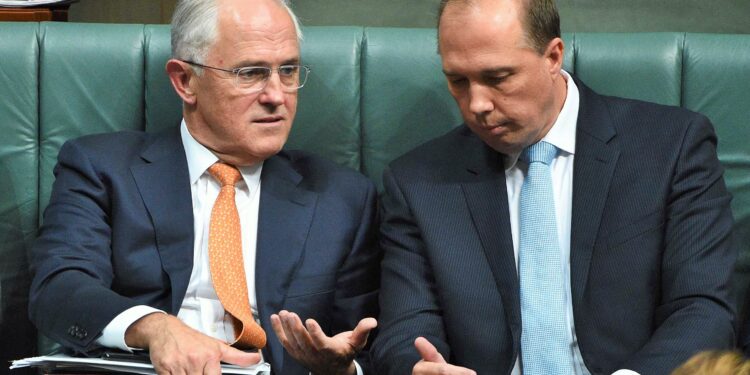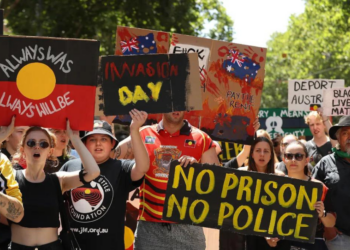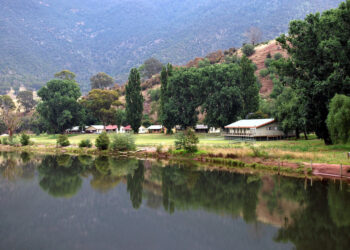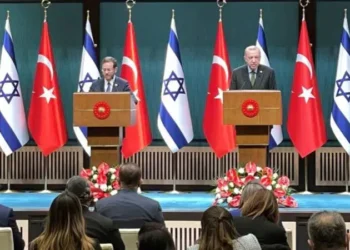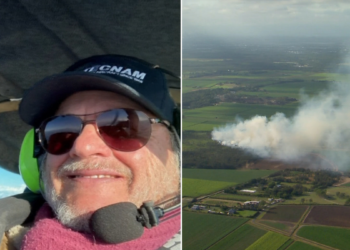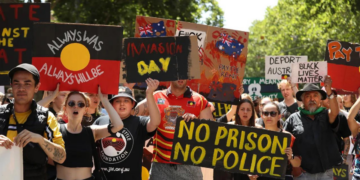Asylum seekers who attempt to reach Australia by boat will never be allowed to enter the country, even if they are genuine refugees and seek to come as tourists decades later, under legislation to be introduced by Immigration Minister Peter Dutton when Parliament returns.
The lifetime ban will apply to all adults detained at the Manus Island or Nauru detention centres from July 19, 2013 – including those who have chosen to return home. Children who were brought by their parents or unaccompanied will be exempt.
The government has long maintained that asylum seekers who come by boat will never be settled in Australia but the introduction of a lifetime ban on all visas, including for tourism, is tougher than expected.Immigration Minister Peter Dutton signalled the measure is partly designed to stop refugees from marrying Australians and subsequently coming to the country on a partner visa, which he deemed “not acceptable”.
Immediately seeking to pressure the opposition into supporting the policy, the laws are backdated to former Labor prime minister Kevin Rudd’s declaration that anyone seeking to come to Australia without a visa would never settle here.
Prime Minister Malcolm Turnbull said the government was locked in a “battle of will” with “criminal gangs of people smugglers” and the new bill would reflect the Coalition’s “long-standing” position, which he said was a bipartisan one.”This will send the strongest possible signal to the people smugglers,” Mr Turnbull said.”It will send the strongest possible signal to those who are seeking to persuade persons currently on Nauru and in Manus that the Australian government will change its policy and allow them to settle here. It is incredibly important that we send the clearest message.
Asked about the difference between settling in a country and visiting on a temporary visa, the Prime Minister said the policy needed to be a “very clear, unequivocal message”.
Mr Dutton said the new laws were partly designed to prevent refugee advocates marrying asylum seekers and bringing them to Australia on a partner visa, which he said was unacceptable.
“There is intelligence that I’ve seen about people wanting to travel to Manus lsland to marry some of the people from the regional processing centre, to try and create a process where they might come here on a spouse visa,” Mr Dutton said.
“That is not acceptable. We are not going to allow arrangements that would subvert the program and the success we’ve had.”
Labor frontbencher Brendan O’Connor remained tight-lipped on the “vexed” matter, saying the opposition would have to see the legislation.
He signalled continued support for the principle of deterrence but also consideration of “whether there are unintended consequences of the legislation, whether it’s too harsh, whether it’s in breach of our own international obligations”.
“With any legislation, you want to look at it and see whether in fact it’s fair and reasonable and it’s consistent with our own commitments internationally,” he told Sky News.
Mr O’Connor, who was immigration minister in the second Rudd government, said the government “should be working out a way of having proper processing occur in those transit detention centres so that there can be some confidence in the system. People are being left indefinitely in detention centres in our region and that is a failure of government not to have that processing occur”.
Mr Dutton said the Coalition had successfully restored strength to Australia’s immigration regime and immediately applied pressure to the opposition, questioning Mr O’Connor’s comments.
“He of all people should know that this policy is required, it’s necessary, and it deserves the support of the Labor Party. And it is concerning that Mr O’Connor is out there this morning, equivocating on whether or not the Labor Party will support the strong measure that we announced today. That is an issue for Mr Shorten to demonstrate his leadership on,” he said.
The announcement has reignited speculation that an arrangement with New Zealand as a third-country place of settlement is possible, which could see Australia take up the country’s offer to take 150 refugees a year.
The Immigration Minister said the government was in negotiations with a number of countries and that the removal of families from Nauru was a priority.
Greens Senator Sarah Hanson-Young, formerly the party’s immigration spokeswoman, tweeted that the legislation “exposes nasty obsession with punishing refugees” and has “dangerous echoes of the White [Australia] policy”.
“Turnbull’s new laws to ban refugees ever visiting [Australia] is a clear breach of international law and the [refugee] convention,” she said.
Outgoing Solicitor-General Justin Gleeson, who has resigned over his dispute with Attorney-General George Brandis, was not consulted about the proposed changes but Mr Turnbull said “extensive advice” meant he was “absolutely” satisfied it complied with international law.



